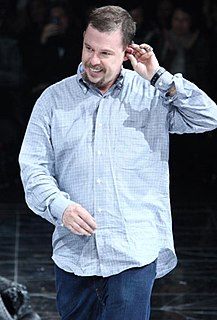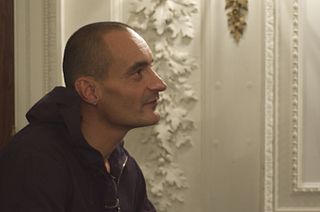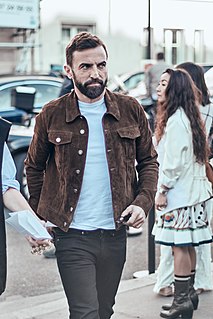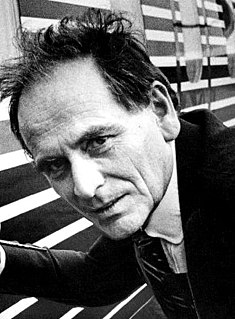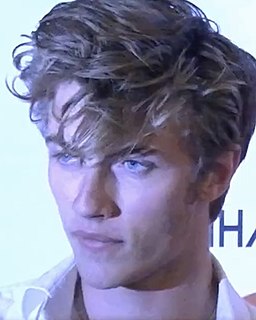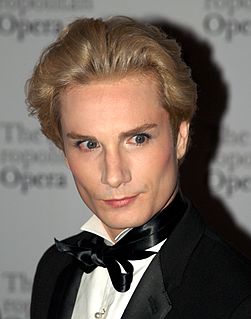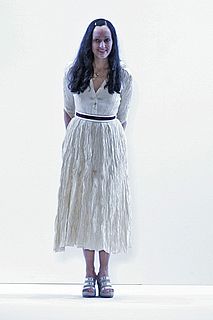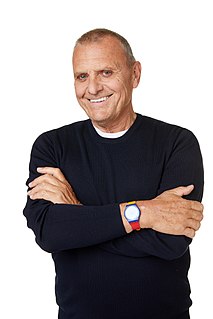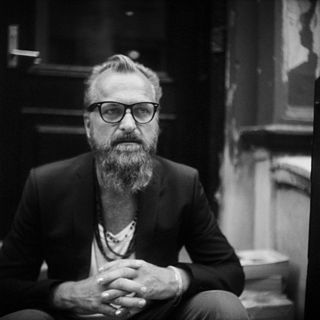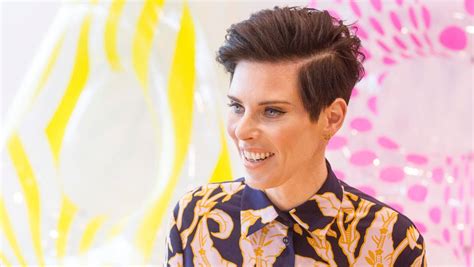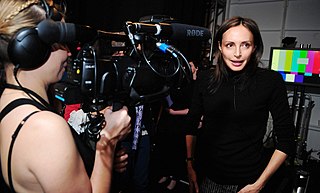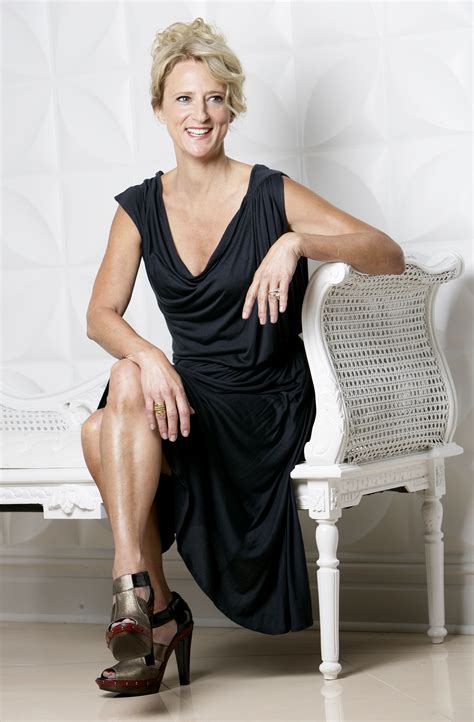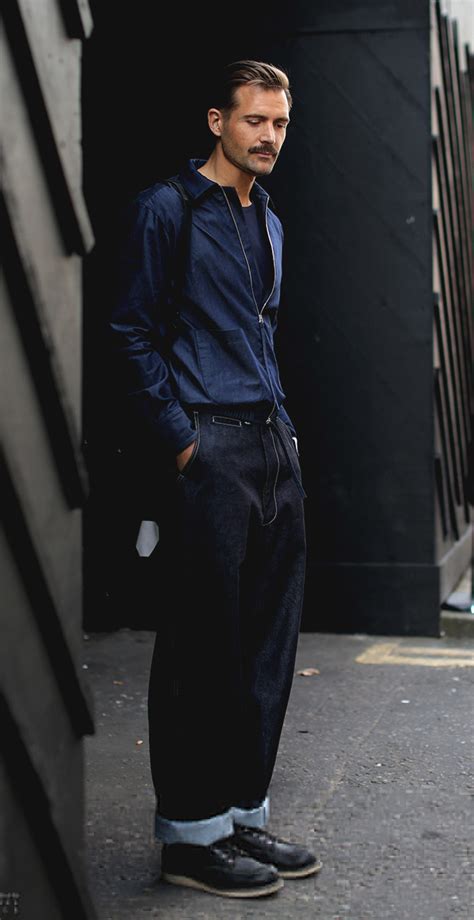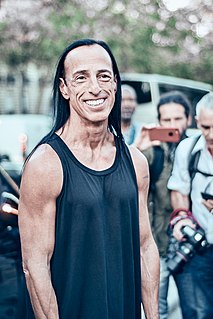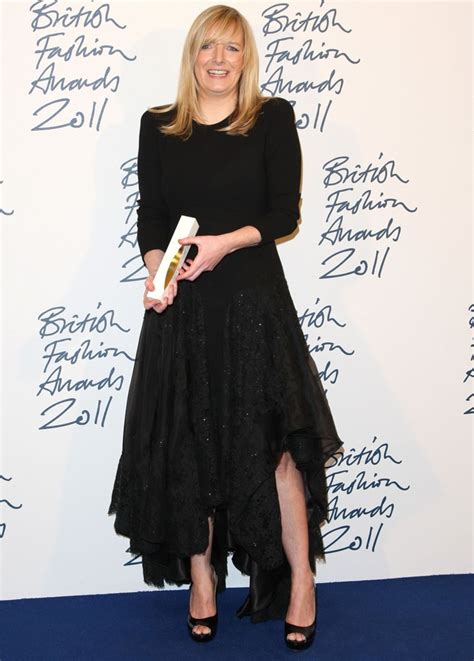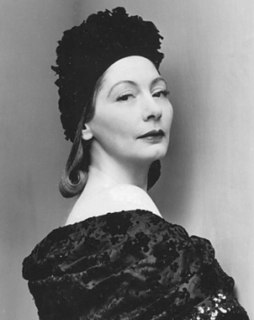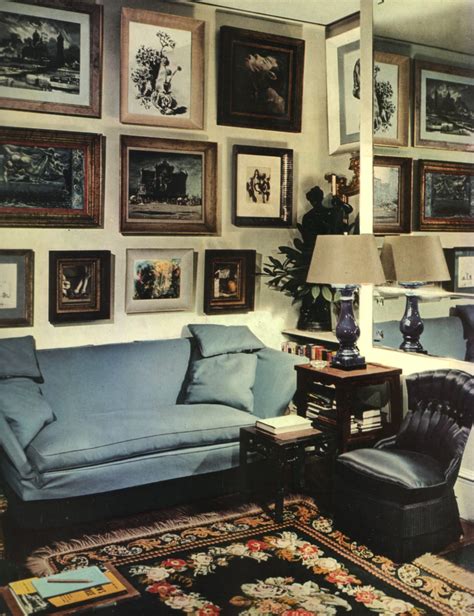A Quote by Riccardo Tisci
When I do a show I have such high emotion; the energy is amazing - but, people don't really see the details and the work and the experimentation that we, the designers, put into the clothes. With prêt-à-porter you're having a look.
Related Quotes
If you buy a Cartier ring you want people to know it is a Cartier ring or a diamond, or a piece of art that's giving an emotion - then people read it and say, "wow that's really amazing". With prêt-à-porter you see people in the street, in a club, in a restaurant or whatever, and you think, "Oh my god, he's wearing my trousers!" In a way it's more open - people can put together the way they want - mixed with other designers.
I think the future fashion will be more and more separated-like, on one side would be big distribution, and on the other side there will be high-level prêt-à-porter and couture. I mean, the prêt-à-porter is already couture in a way for the prices and the way that it's made. The big distribution will allow people to dress in a fashionable way, so this could be for everybody. This part of the big distribution will be stronger and stronger, but the other part we are coming up on is more and more rich people, because we are always thinking about Europe and about America.
I would almost say that in our solo activities there is an overarching line of thought that is Porter Ricks itself. Our solo work delivers the details. So occasionally we have to go back to our corners and study and research these details to be able to bring it back into the Porter Ricks project, and into the dialogue.
Perhaps the central question about [Eliot] Porter's work is about the relationship between science, aesthetics, and environmental politics. His brother, the painter and critic Fairfield Porter, wrote in a 1960 review of [Porter's] colour photographs: 'There is no subject and background, every corner is alive,' and this suggests what an ecological aesthetic might look like.
I try to make Play Cloths really representative of me and my designers they look at my evolution as an artist and in fashion and they [zero] in to different details. I come into the office some days and they're like, 'What are those?" [I say,] "[These] are Philip Lim...[I'll] have on Philip Lim sweats and they go and put their spin on it.



